Easter may have come and gone, but my love of hard-boiled eggs sure hasn't. Yet as much as I love hard-boiled eggs, I hate making them; I have to work in small batches to have consistent results, and they're always a little overdone, crumbly, and sometimes even green.
Enter the brilliance that is Alton Brown: oven-baked eggs. You can make an enormous batch (a standard oven could make 30 or so eggs), there's no fiddling with water temperature like with hard-boiled eggs, and the results are perfect, creamy, delightful oval treasures.
However, there is a secret to making perfect oven-baked eggs: A moist towel. Who knew?! Check it out: making hard-cooked eggs will never be the same.
Get Your Eggs in Their Nest
Start by placing a damp kitchen towel across a rack in the middle of your oven, while the oven is off. You want to use a thick, fuzzy towel, not one of the thin tea towels, as the goal is to retain moisture throughout the entirety of the cooking time. That said, make sure the towel is damp, not soaking wet; if there's too much water in the towel, you will overload your oven with steam, and your fire alarm will shout out words of discouragement.
With the towel on the oven rack, lay as many eggs as you want on the towel, resting them between the bars on the rack. Put as many eggs as you want and as will fit—just make sure that they're not touching.

The reason for the wet towel nest is that it keeps the eggs from having direct contact with the extremely hot bars on the oven rack. Take out the towel, and you'll get grill marks on your eggs, with much more uneven cooking (you can also cook the eggs in a muffin tin, but again, the cooking will be less even than with a moist towel).
Turn on Your Oven & Set Your Timer
Once the eggs are nestled in their wet towel, turn the oven to 320°F, and set your timer for 30 minutes. A lot of websites mistakenly misunderstand these directions, and tell you to use a preheated oven, but that's not necessary. By waiting to turn on the oven, it makes it much easier to put the eggs in the oven, and 30 minutes in a preheated oven will overcook the eggs.
Transfer the Eggs to an Ice Bath
As soon as the 30 minutes are up, you want to immediately transfer the eggs to an ice bath to stop them from overcooking. Enter part two of the towel's mystique: the towel won't be too hot, so you can grab it by all four corners and carry all of the eggs to the ice water, rather than having to transfer them one at a time.

Peel Immediately
As soon as the eggs are cool enough to peel, do so (I recommend doing so in a glass of water. I had heard that oven-baked eggs are harder to peel than hard-boiled eggs, but the first one I peeled (about ten minutes after removing them from the oven) was an absolute breeze. Then I peeled another one a few hours later, and let's just say it was a different story.

After your eggs are peeled, resist the temptation to eat all of them at once. Warning: this won't be easy. In my opinion, the oven-baked eggs have a texture far better than hard-boiled; the whites are less rubbery, the yolks are more creamy, and they stay in one piece much more gracefully.
More Eggs-Cellent Advice
Making poached eggs isn't hard when you know all the pro tips. Wondering if your expired eggs are good to eat? Wonder no more: just look at the Julian date or use these other excellent tests. If you need to separate eggs for a recipe, be sure to use this simple, excellent hack. And if you want a different take on oven-baked eggs, try scrambling them in their shells first.
Photos by Brady Klopfer/Food Hacks





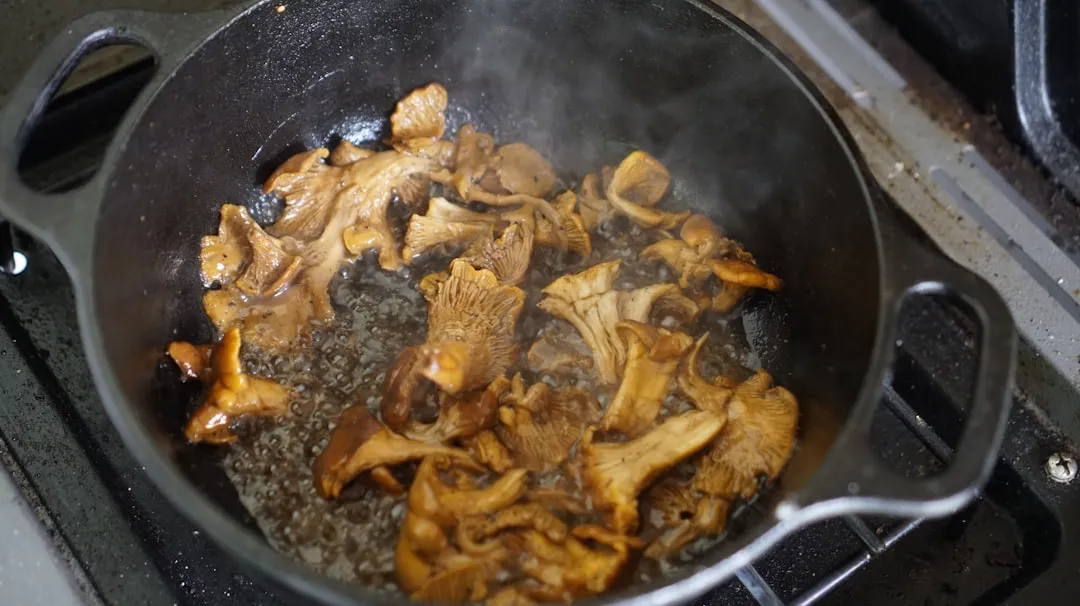
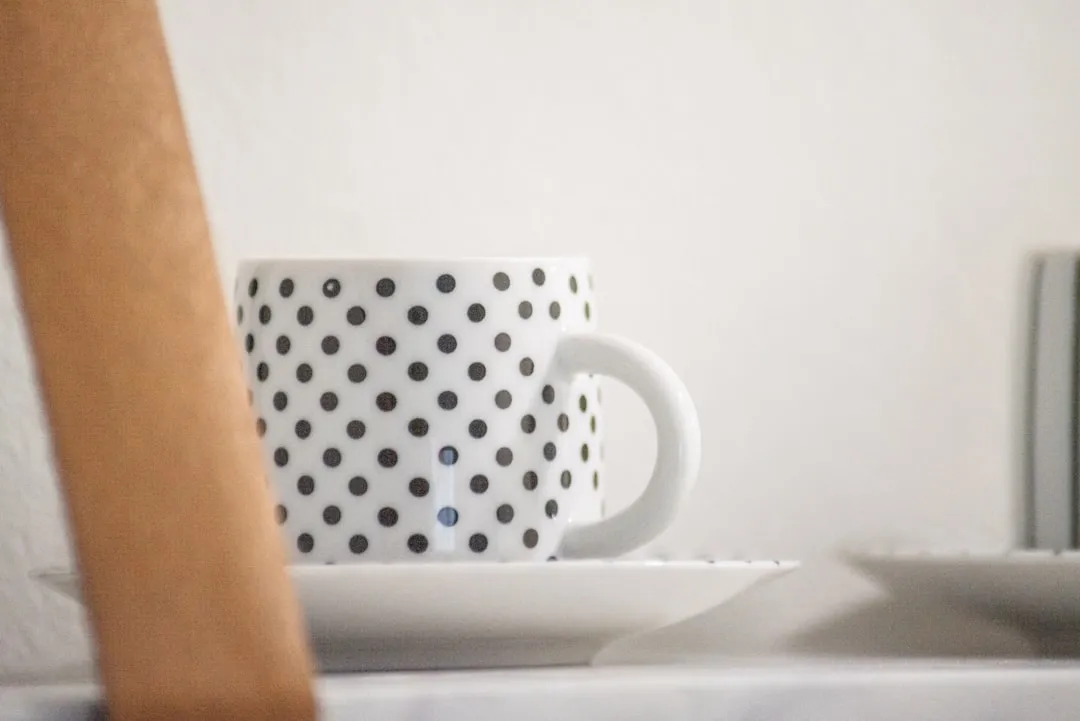
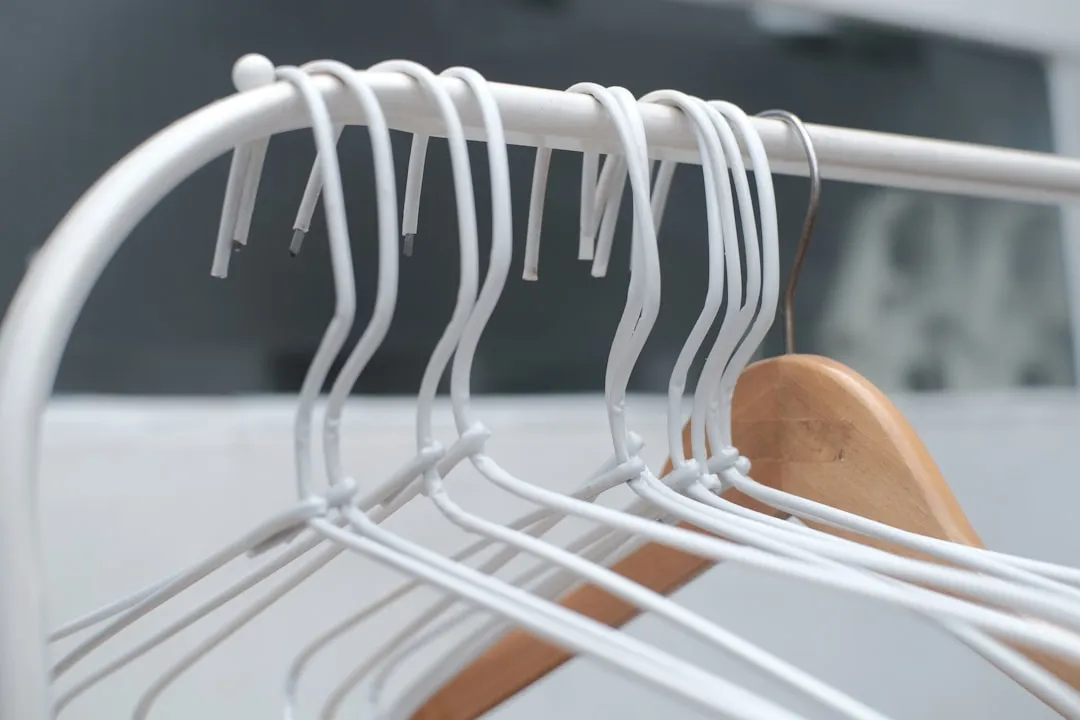
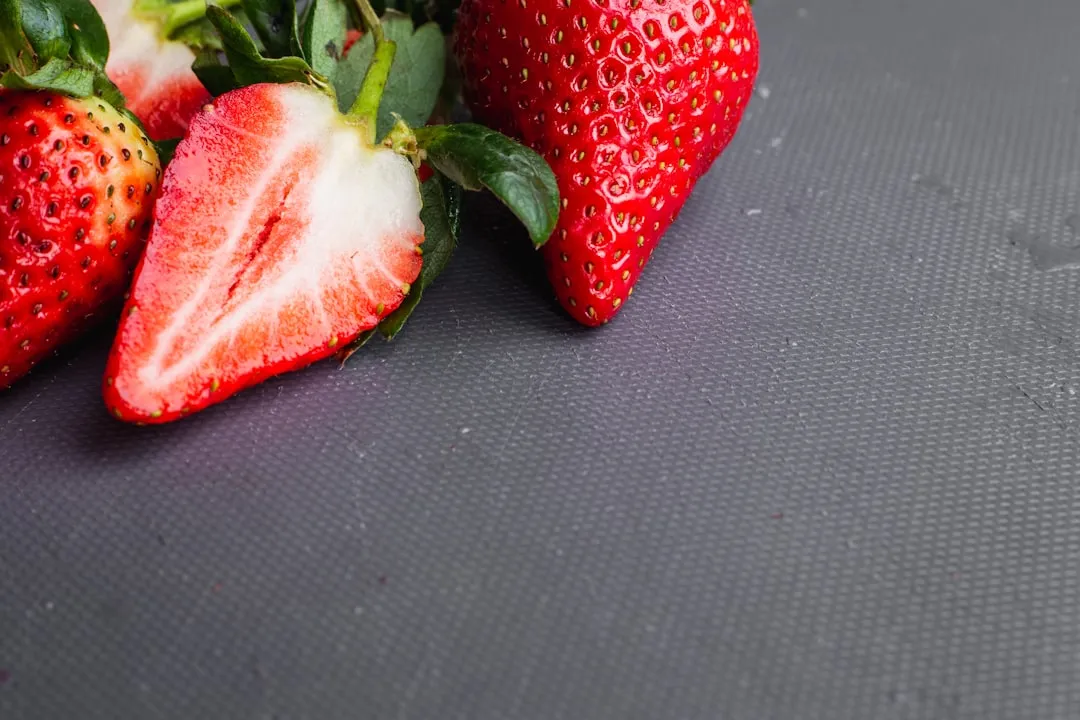
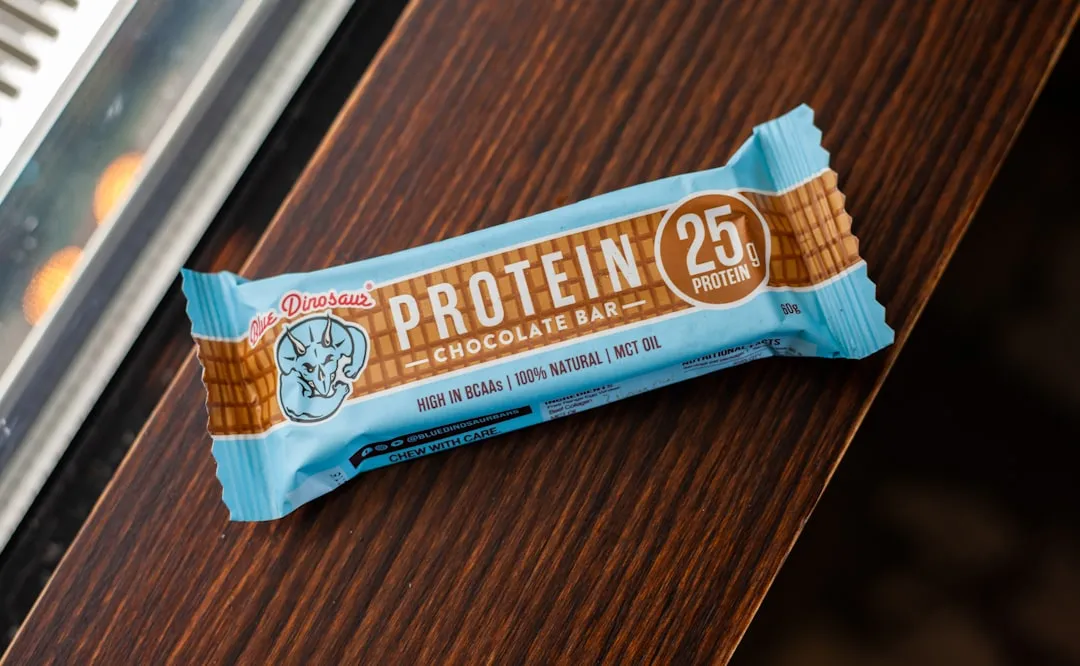
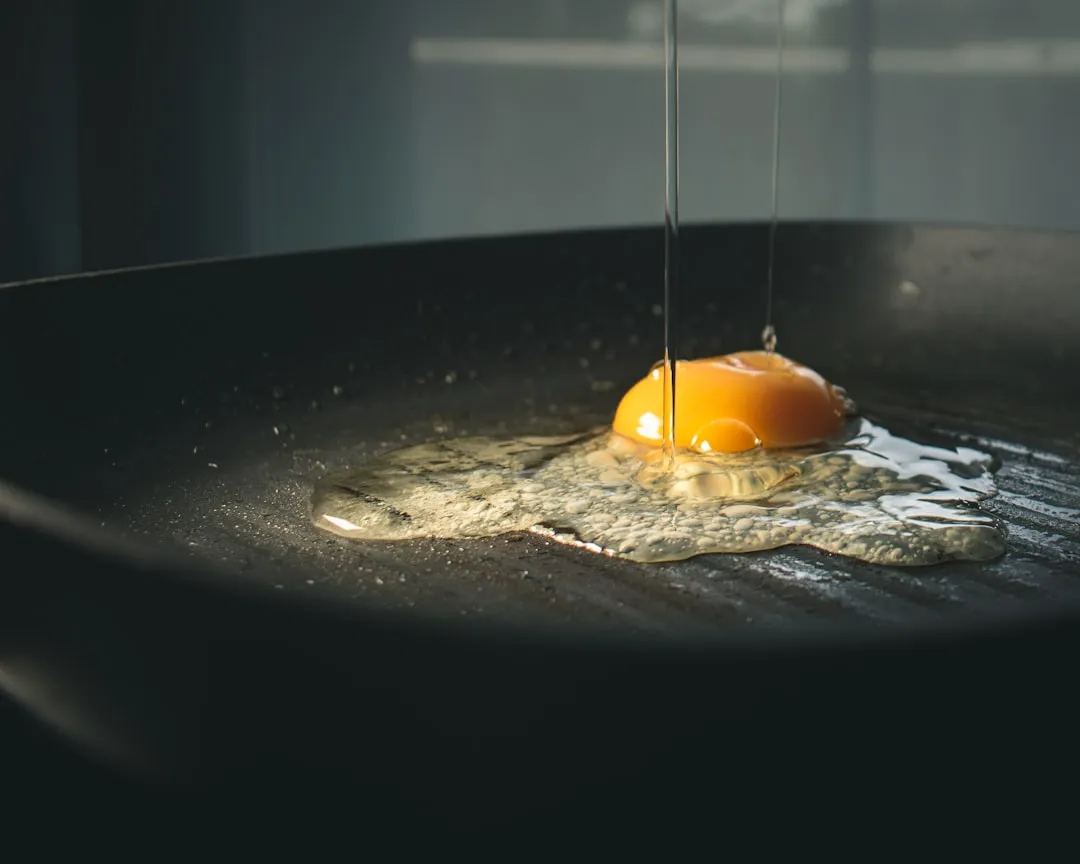
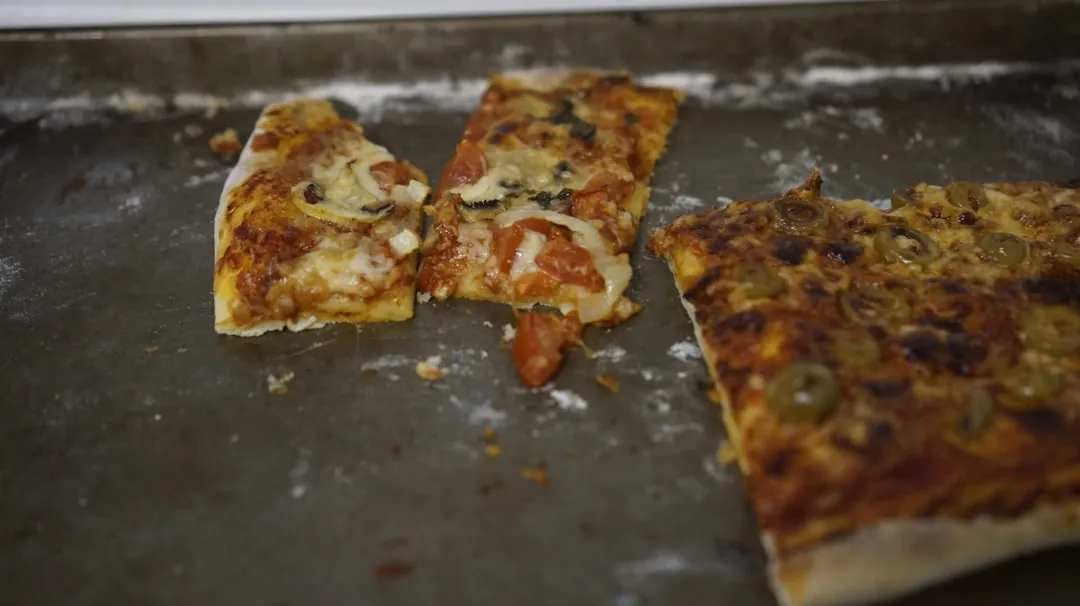


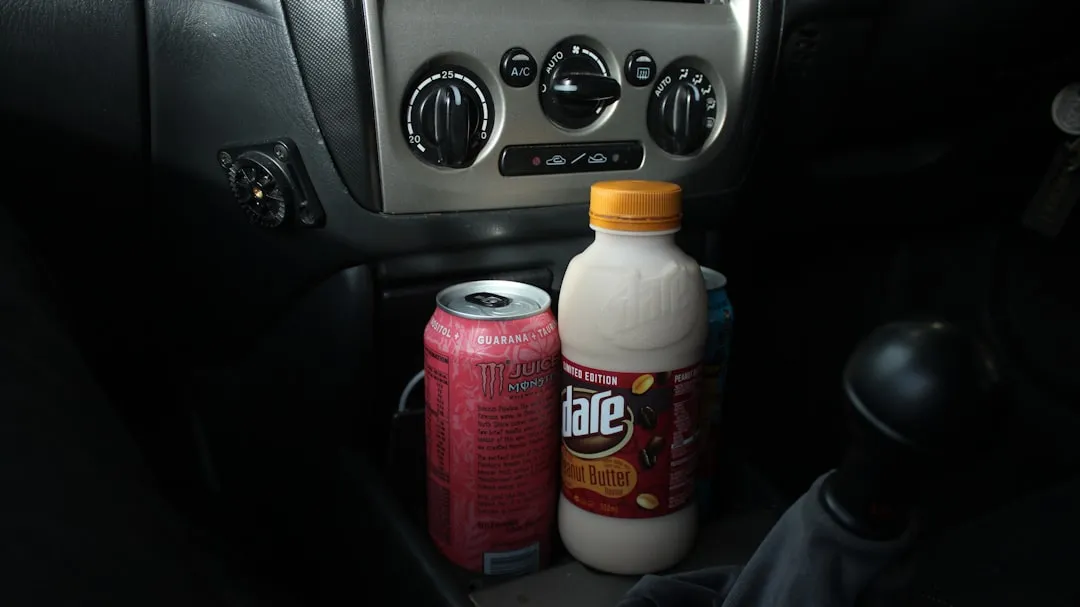
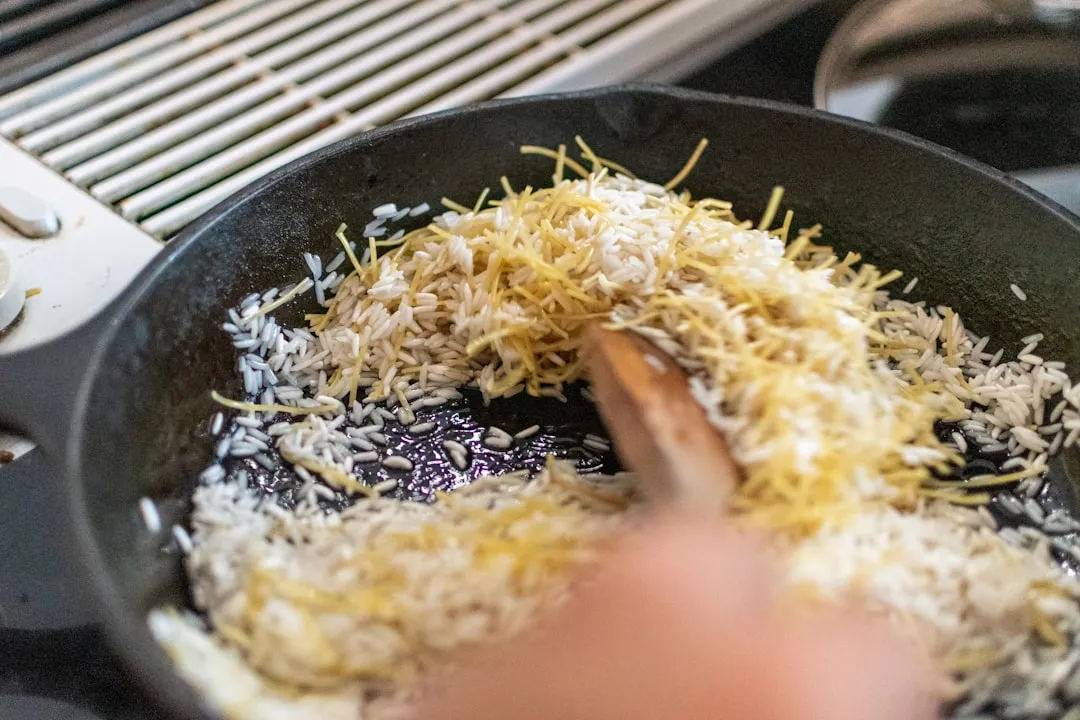
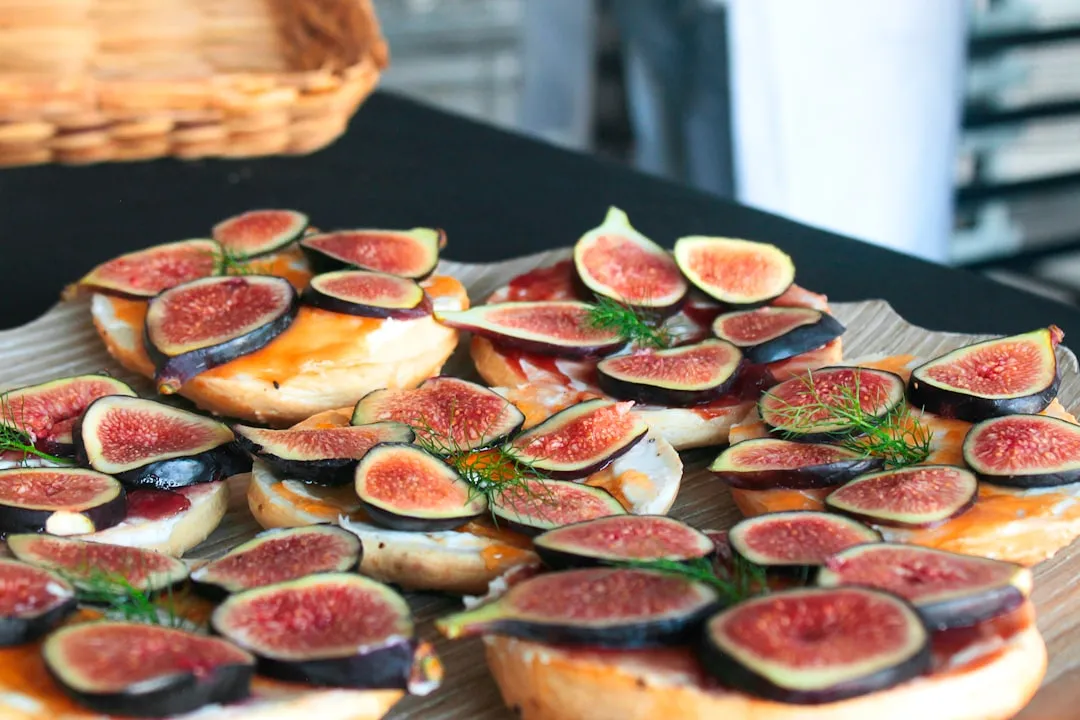
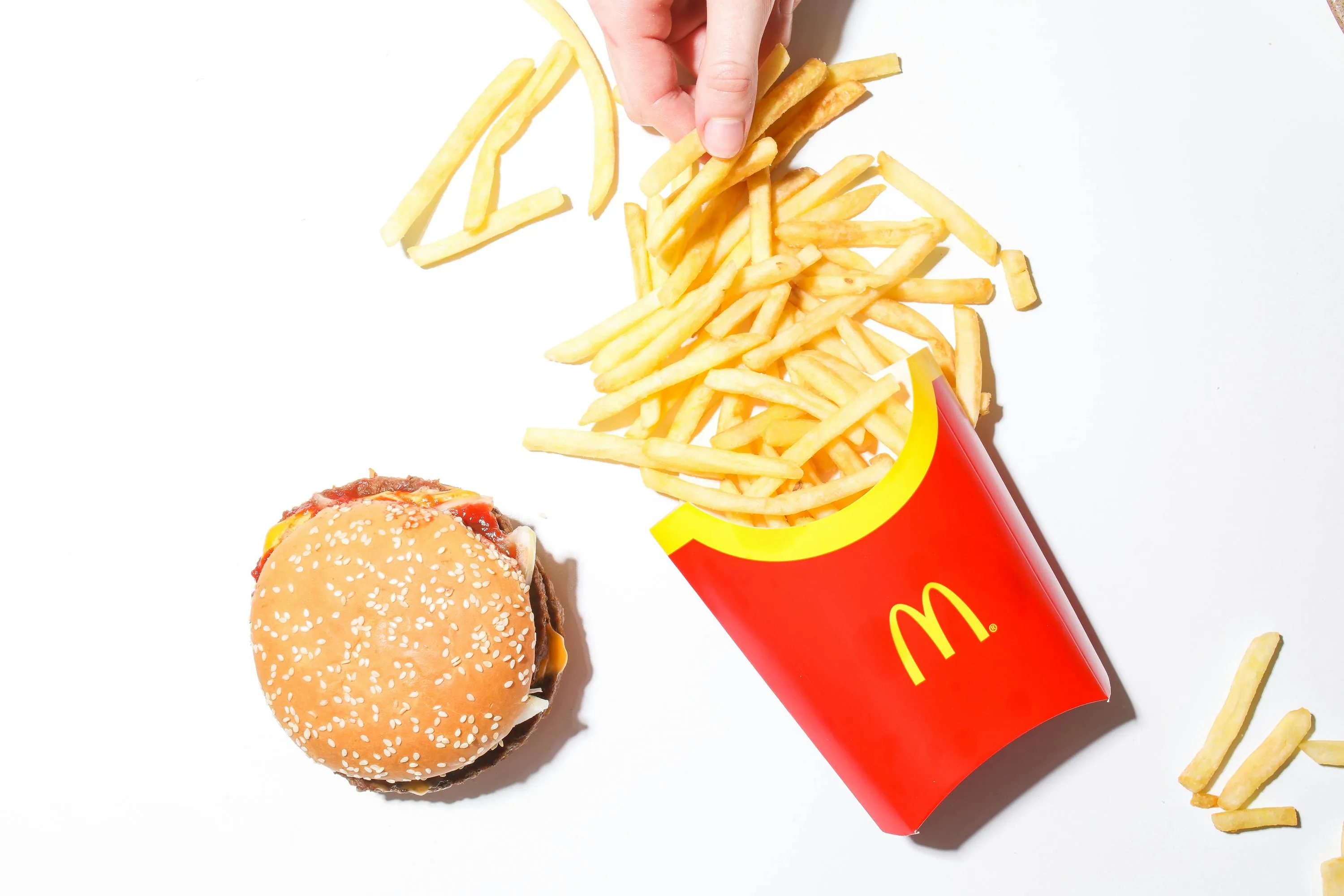
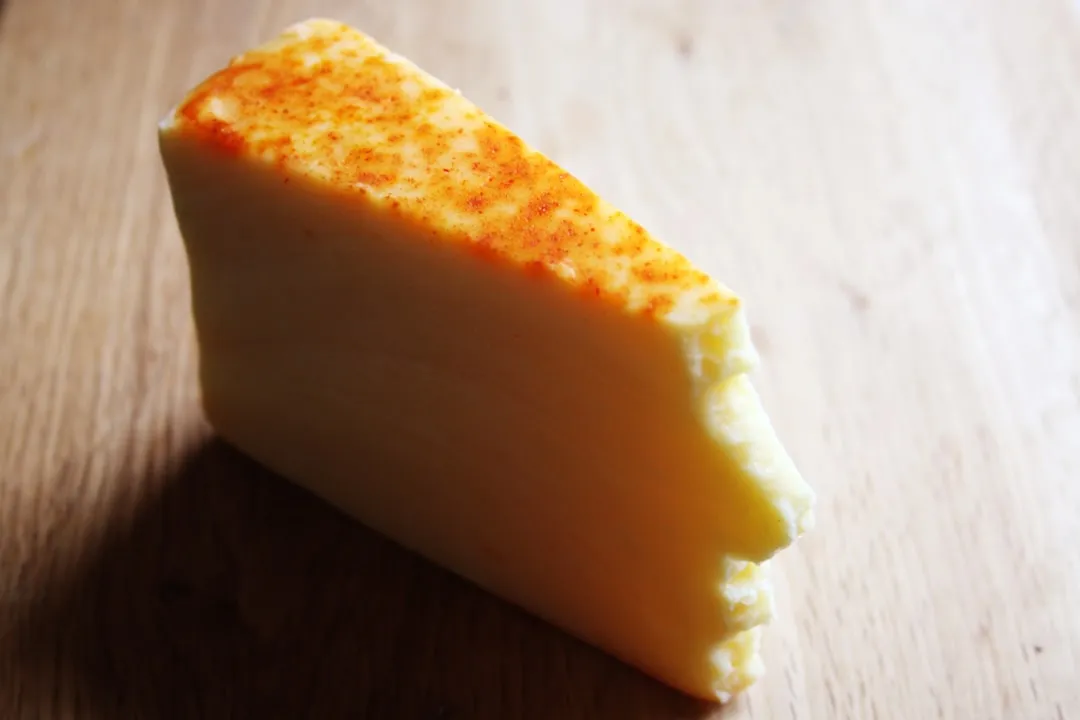
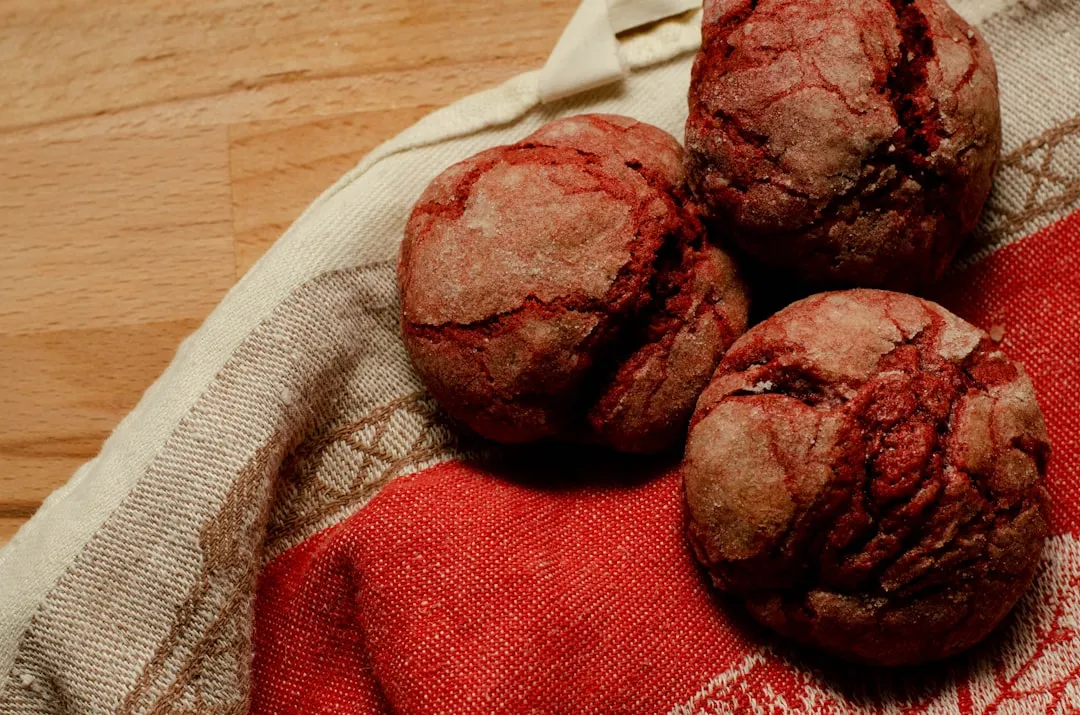
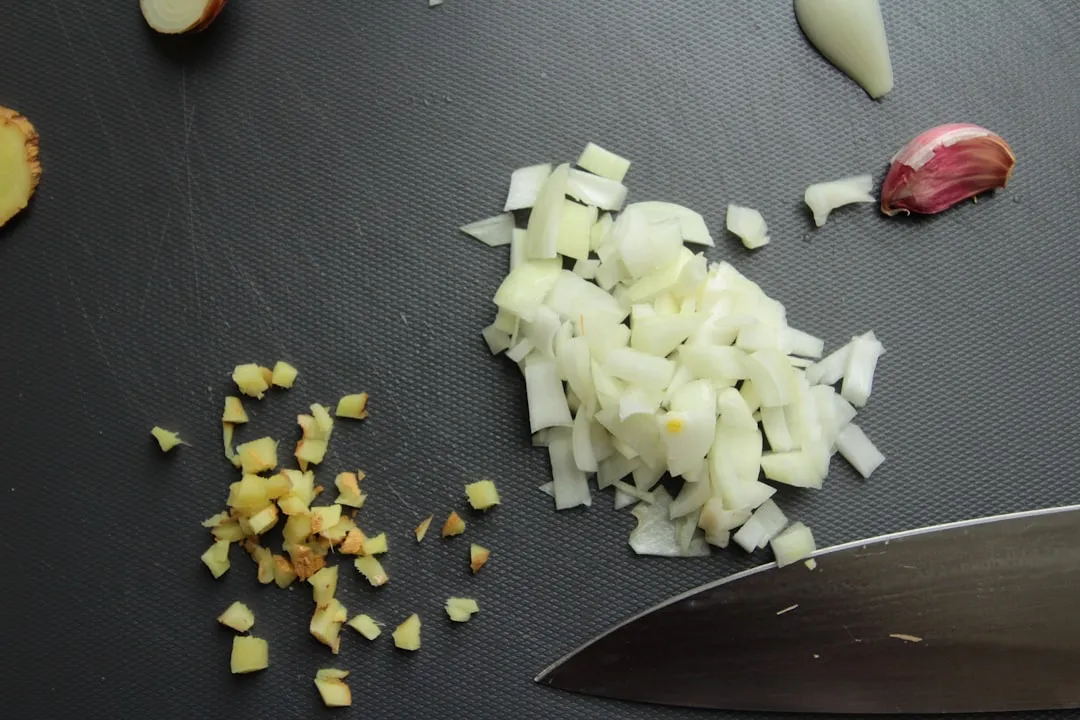

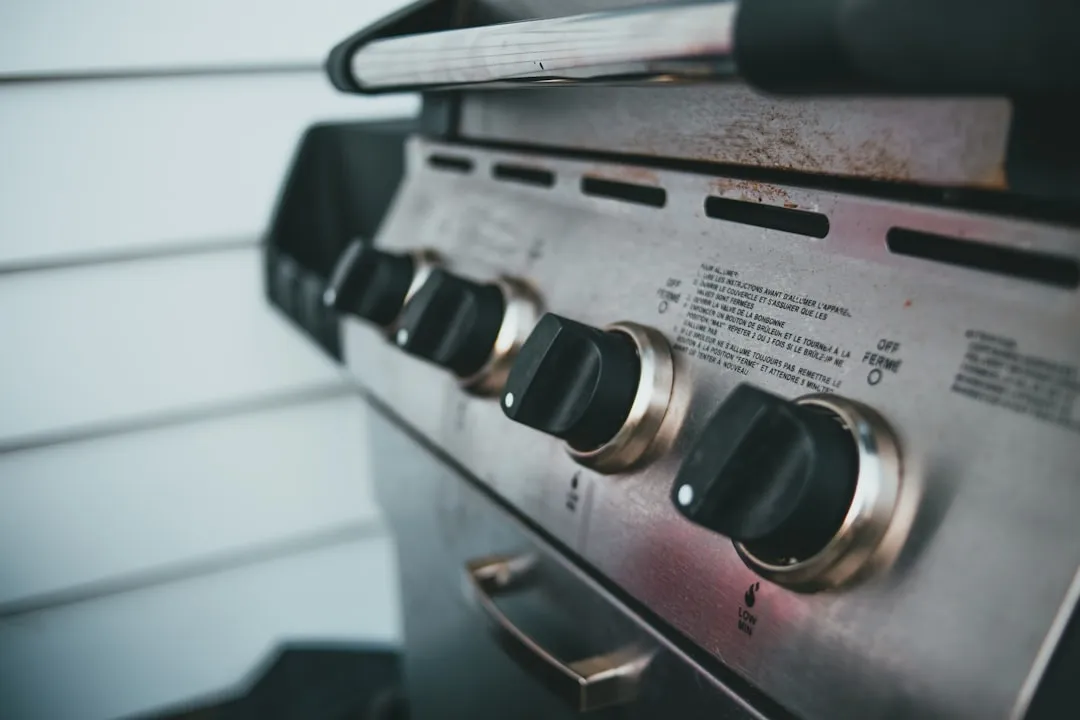
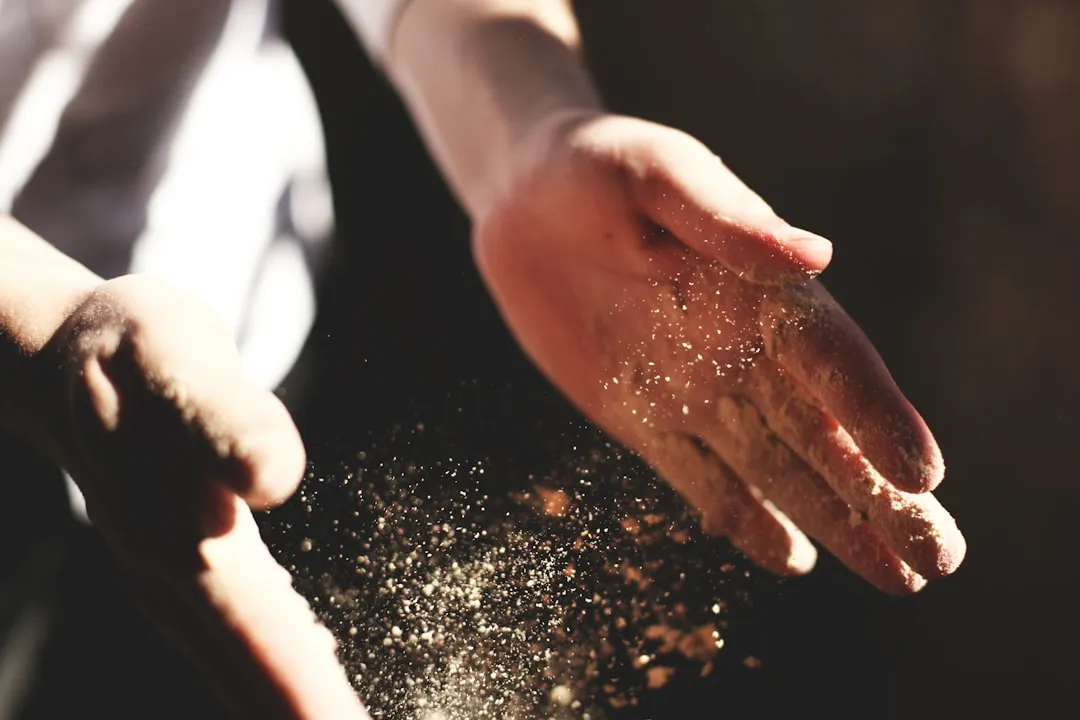

Comments
Be the first, drop a comment!